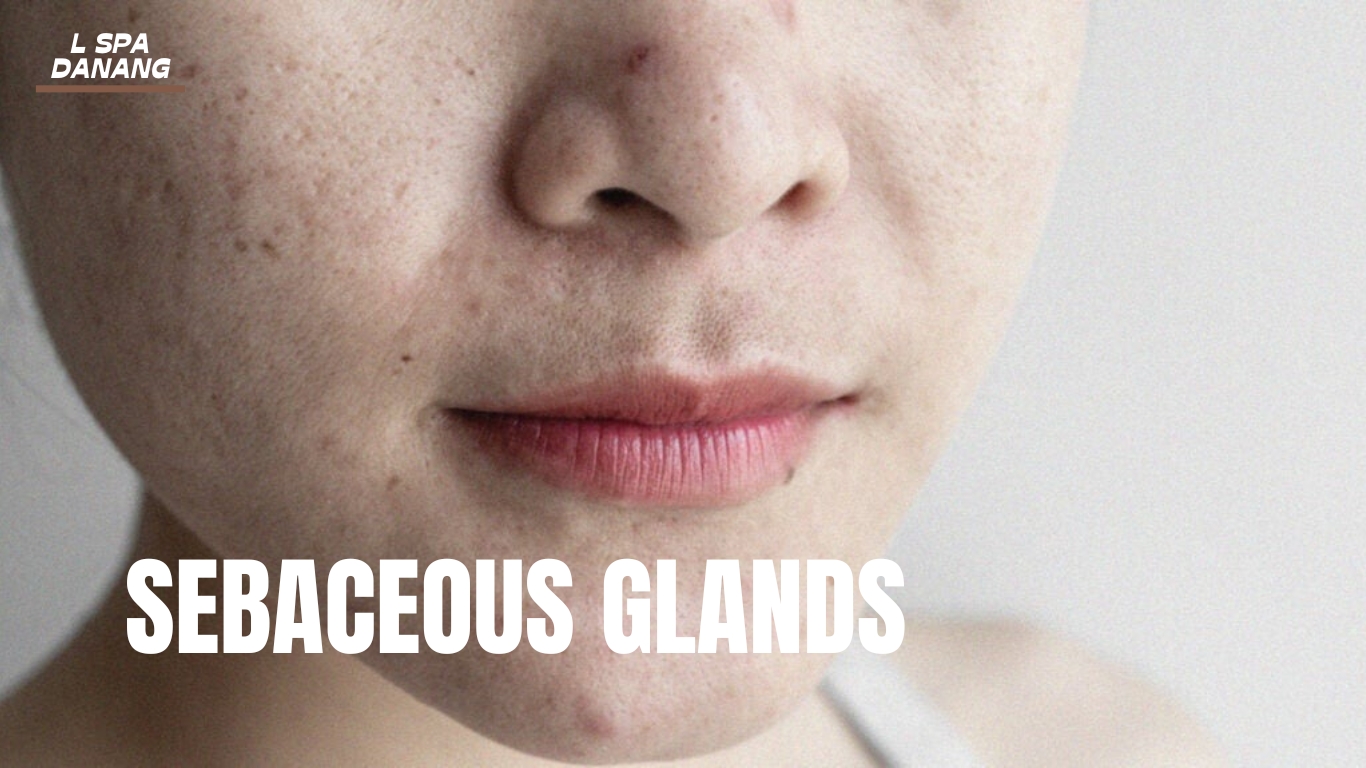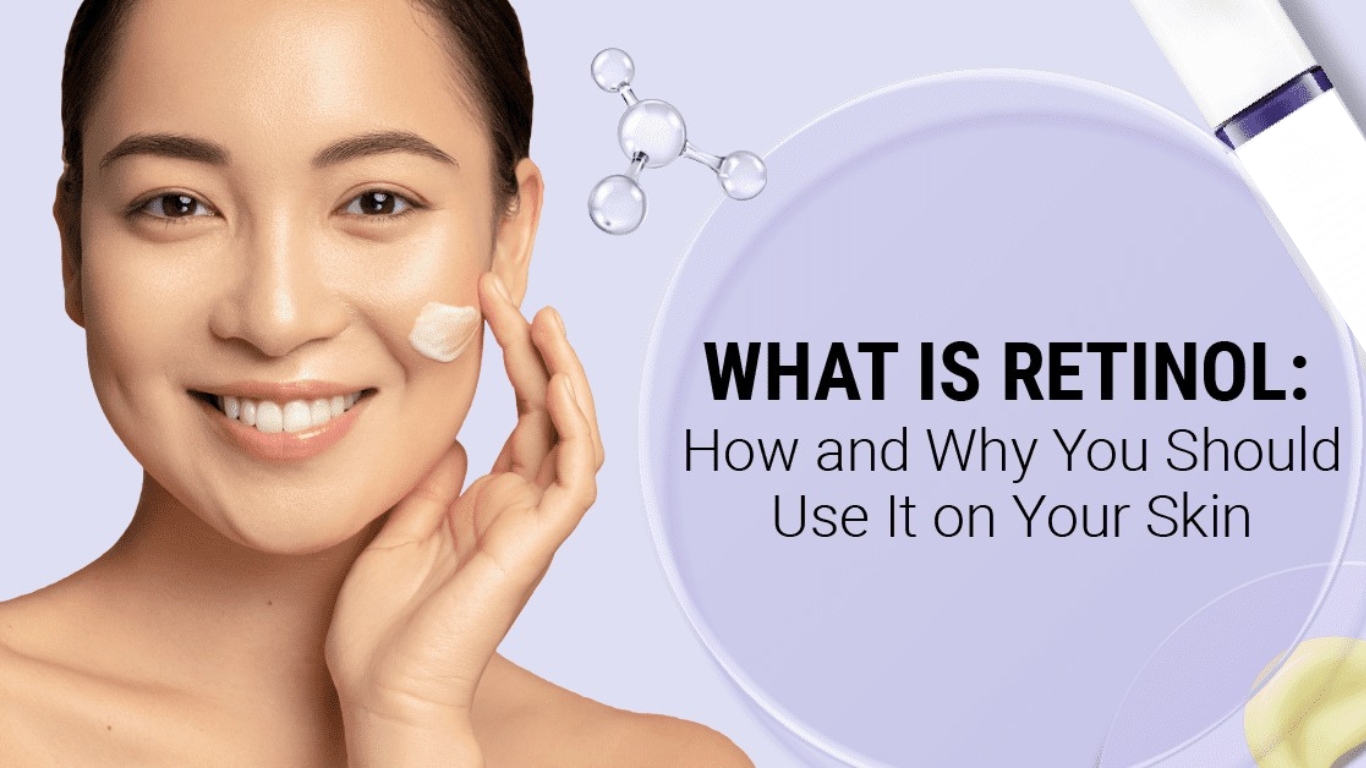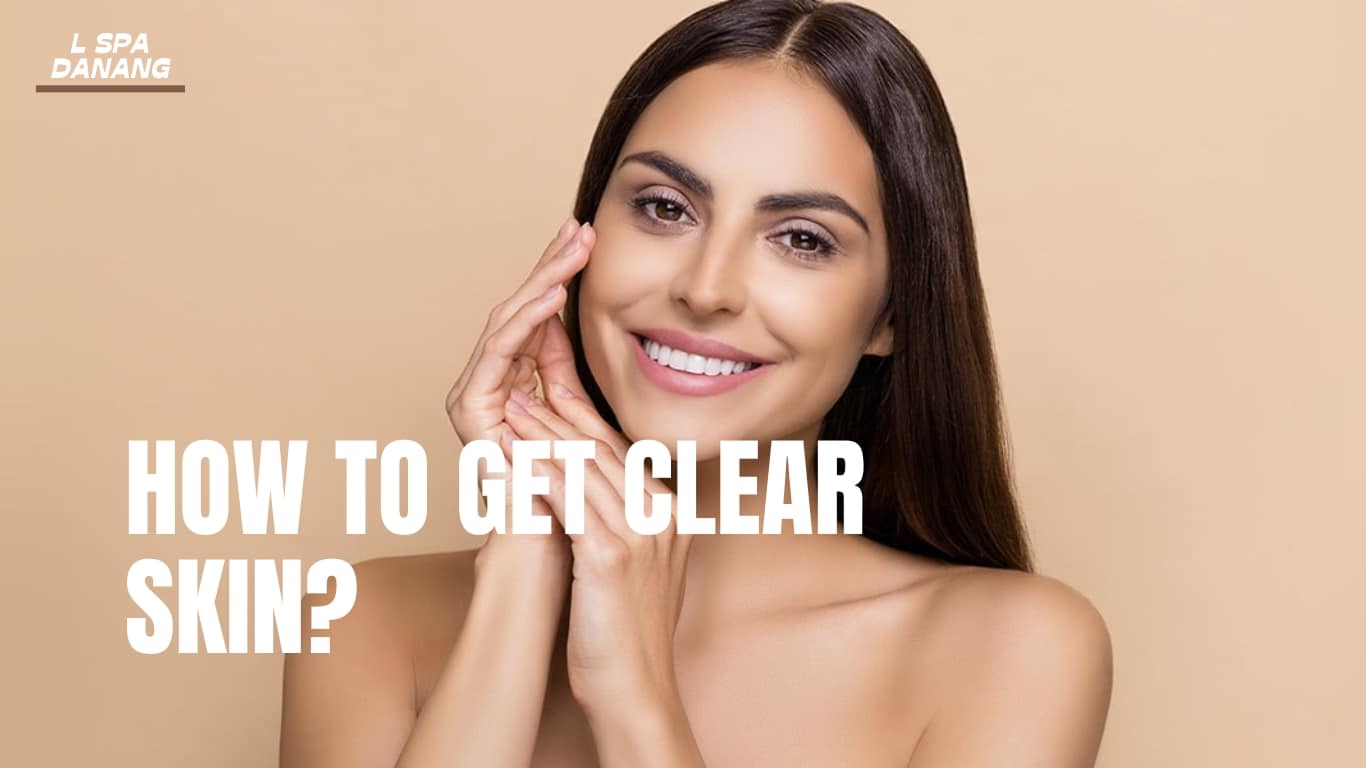Acne is a common skin condition that affects millions of individuals worldwide. Waiting for acne to clear on its own can be frustrating. It can also lead to permanent scarring, bad self-image, depression, and anxiety. To avoid these physical and emotional scars, dermatologists recommend proper Acne Treatment. So, how to treat acne and control it? Let’s find out through the following article!

1. What is Acne? And How Does It Work?
Acne is a common skin condition that happens when hair follicles under the skin become clogged. Sebum—oil that helps keep skin from drying out—and dead skin cells plug the pores, which leads to outbreaks of lesions, commonly called pimples or zits. Most often, the outbreaks occur on the face but can also appear on the back, chest, and shoulders.
Most people, tend to go away by the time they reach their thirties, but some people in their forties and fifties continue to have this skin condition.
2. Causes of Acne
People of all races and ages get acne, but it is most common in teens and young adults. When acne appears during the teenage years, it is more common in males. Acne can continue into adulthood; when it does, it is more common in women.
Doctors and researchers believe that one or more of the following can lead to the development of acne:
- Excess oil production: Overactive oil glands produce more sebum, leading to clogged pores.
- Hormonal changes: An increase in androgens, which are male sex hormones, may lead to acne. These increase in both boys and girls normally during puberty and cause the sebaceous glands to enlarge and make more sebum. Hormonal changes related to pregnancy can also cause acne.
- Growth of bacteria in the pore: The presence of Propionibacterium acnes bacteria on the skin can worsen acne.
- Genetics: Acne can run in families, indicating a genetic predisposition. Researchers believe that you may be more likely to get acne if your parents had acne.
- Diet and lifestyle: Certain dietary choices and lifestyle habits may irritate acne symptoms. Some studies show that eating certain foods may make acne worse. Researchers are continuing to study the role of diet as a cause of acne.
3. Differentiate The Types of Acne
Before knowing how to treat acne, you need to know the types of acne. The following types are possible:
- Whiteheads: These remain under the skin and are small
- Blackheads: Visible, they are black and appear on the surface of the skin
- Papules: Small, usually pink bumps, that are visible on the surface of the skin
- Pustules: Visible on the surface of the skin. They are red at their base and have pus at the top
- Nodules: Visible on the surface of the skin. They are large, solid, painful pimples that are embedded deep in the skin
- Cysts: Visible on the surface of the skin. They are painful and filled with pus. Cysts can cause scars.
4. Diagnosis and Assessment
Accurate diagnosis and evaluation are essential to developing an effective acne treatment plan. The practice of Medical Dermatology for the diagnosis and treatment of conditions of the skin and hair. Many of these conditions are manifestations of internal diseases or disorders that specifically affect the skin. It would be best if you worked with an experienced team of professionals to develop a customized plan to suit your unique needs.
>At L Spa Da Nang Facial, we support holistic and personalized skin care in a modern environment. Our services address a variety of facial skin conditions in a comfortable spa setting to meet your individual requirements.
5. Treatment Options for Acne

Various acne treatment services are available to address different types and severities of acne. These treatments can be tailored to meet individual needs and may include:
- Topical Medications: Topical medications, such as retinoids, antibiotics, and benzoyl peroxide, are commonly prescribed to reduce inflammation, unclog pores, and kill bacteria.
- Oral Medications: Oral medications, such as antibiotics, hormonal therapies, and isotretinoin, are prescribed for more severe cases of acne or when topical treatments alone are insufficient.
- Laser and Light Therapies: An introduction to innovative acne treatment approaches that utilize lasers and light-based therapies. We will explore how these technologies target acne-causing bacteria, reduce inflammation, and promote skin healing.
- Chemical Peels: Chemical peels involve the application of a chemical solution to exfoliate the skin, unclog pores, and improve acne scars and discoloration.
- Extraction and Facial Treatments: Professional extraction and facial treatments involve the manual removal of blackheads, whiteheads, and pimples, followed by customized skincare procedures to address individual skin concerns.
- Lifestyle and Skincare Recommendations: Incorporating healthy lifestyle habits and adopting an appropriate skincare routine can significantly contribute to managing and preventing acne. These recommendations may include dietary modifications, stress management techniques, proper hygiene practices, and the use of non-comedogenic skincare products.
6. Acne Scar Management
Sometimes acne can cause scarring. This happens when acne penetrates the top layer of your skin and damages deeper skin layers. Inflammation makes your acne pores swell and the pore walls start to break down, which causes skin damage.
Acne scars can be emotionally distressing for individuals who have overcome active acne. Acne scar management services may include micro-needling, dermal fillers, laser resurfacing, and chemical peels to minimize the appearance of scars and improve skin texture.
7. How To Treat Acne

Acne-friendly skin care helps you get the best results. Regular follow-ups with skincare professionals, adherence to prescribed treatments, and consistent skincare routines are essential for long-term success. Here are some tips for looking after skin that has acne or is prone to it:
- Wash your face no more than twice each day with warm water and a mild soap made especially for acne.
- Do not scrub the skin or burst the pimples, as this may push the infection further down, causing more blocking, swelling, and redness.
- A specialist can treat a pimple that requires rapid removal for cosmetic reasons.
- Refrain from touching your face when not providing regular maintenance routines.
- Choose makeup for sensitive skin and avoid oil-based products. Remove makeup before sleeping.
- Keep hair clean, as it collects sebum and skin residue. Avoid greasy hair products, such as those containing cocoa butter.
- Avoid excessive sun exposure, as it can cause the skin to produce more sebum. Several acne medications increase the risk of sunburn.
- Avoid anxiety and stress, as it can increase the production of cortisol and adrenaline, which exacerbate acne.
Regularly and gently cleanse your skin, choose quality skin care products carefully, and avoid contact with oils to help reduce acne. If you have an interest in knowledgeable and thorough facial skincare, please visit the L Spa Da Nang website.





